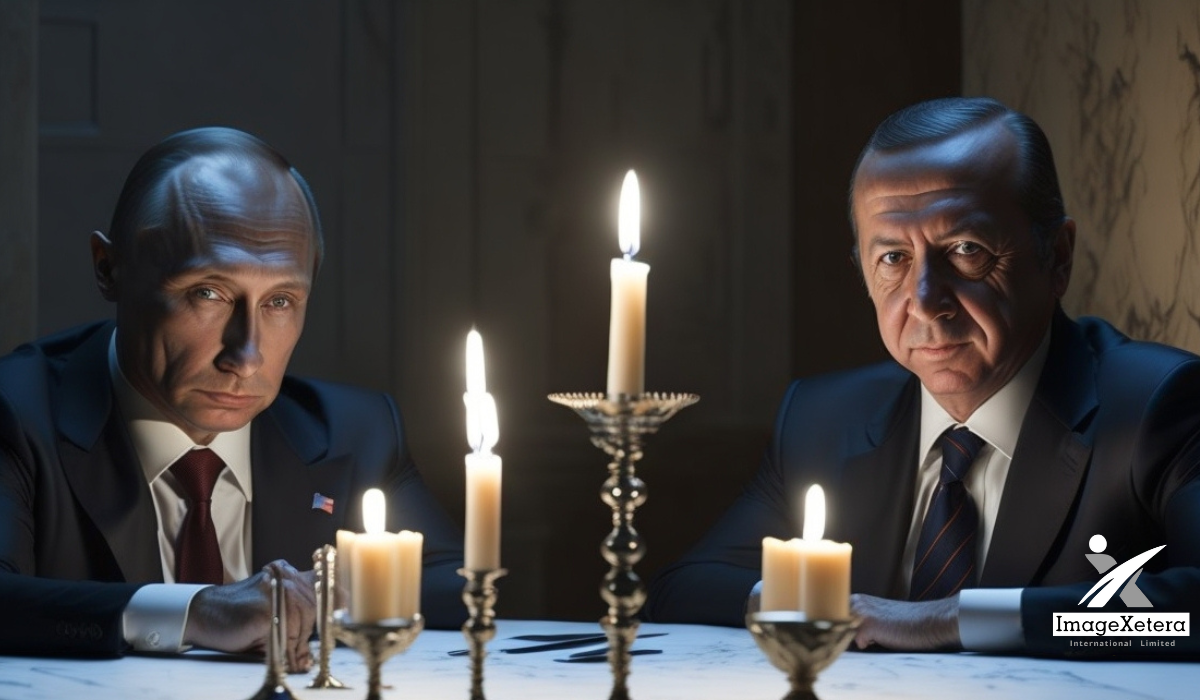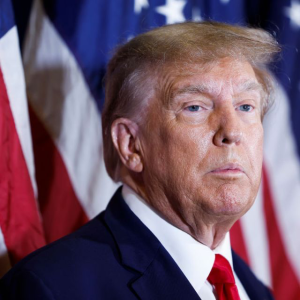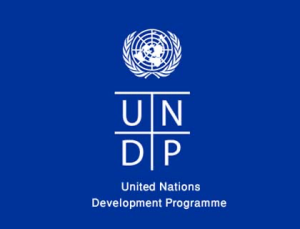IMAGEXETERA – A crucial deal that lets Ukraine ship grain safely across the Black Sea during the war is on hold until the West fulfills Moscow’s agricultural demands, Russian President Vladimir Putin announced on Monday.
The Kremlin’s demands are a scheme to further its own interests, according to Ukraine and its Western allies.
Putin’s statement crushed hopes that his meeting with Turkish President Recep Tayyip Erdogan could restore the deal, which is essential for global food security, especially in Africa, the Middle East, and Asia.
Russia backed out of the deal in July, claiming that the West had not kept its promise to remove barriers to Russian food and fertilizer exports. It blamed shipping and insurance restrictions for hurting its agricultural trade, even though it had set new records for wheat exports since last year.
Putin repeated those claims on Monday and said that Russia would rejoin the deal “in a matter of days” if the West honored its commitments.

Erdogan also hoped for a quick solution. He said that Turkey and the U.N., which had brokered the original deal, had prepared a new set of proposals to resolve the issue.
“We are confident that we will achieve a solution that will satisfy everyone in a short time,” Erdogan said at a press conference with Putin in Sochi, a Russian resort.
Before that, German Foreign Minister Annalena Baerbock slammed Putin’s “cynical game with the grain agreement.”
“Putin is the only reason why the ships can’t pass freely again,” she said to reporters in Berlin.
Negotiation is critical. Ukraine and Russia are major producers of wheat, barley, sunflower oil and other products that developing countries depend on.
According to data from the Joint Coordination Center in Istanbul, which managed shipments under the deal, 57% of Ukraine’s grain went to developing countries, with China being the top buyer.
Grain prices soared after Russia quit the deal but have since dropped, suggesting that the market is not in crisis for now.
But if the deal fails to restart, it will have “severe consequences” for countries like Somalia and Egypt that need Black Sea grain, said Galip Dalay, an associate fellow at the Chatham House think tank in London.
Putin wants some relief from sanctions and is also involved in a “war of narratives,” Dalay said, because he “doesn’t want to look like the villain in the eyes of the global south because of this food shortage.”
Ukraine and its allies have often pointed out that Russia’s withdrawal hurt many developing countries that received the grain.
Maybe to counter that criticism, Putin said on Monday that Russia was close to signing an agreement to give free grain to six African countries. He had already pledged shipments to Burkina Faso, Zimbabwe, Mali, Somalia, Eritrea and Central African Republic last month.
The Russian leader also said that Russia would send 1 million metric tons (1.1 million tons) of cheap grain to Turkey for processing and delivery to poor countries.
Besides leaving the grain deal, Russia has also attacked Odesa repeatedly, where Ukraine’s main Black Sea port is. The Kremlin’s forces fired another round of attacks on the area two days in a row before the Sochi meeting. The Ukrainian Air Force said it stopped 23 of 32 drones that aimed at the Odesa and Dnipropetrovsk regions. It did not say how much damage those that got through caused.
Russia may aim to exploit its grip over Ukraine’s Black Sea shipping to relieve Western economic sanctions.
Despite assurances from the West that food and fertilizer would not be impacted by the sanctions, several companies have avoided doing business with Russia as a result. Moscow is nonetheless dissatisfied.
Dmytro Kuleba, the foreign minister of Ukraine, urged Moscow to reconsider the accord on Monday, claiming that “Russia had no legal or political reasons to leave the agreement.”
The Monday negotiations took place as Ukraine just retaliated against the Kremlin’s invading soldiers.
In the most recent developments, Ukrainian President Volodymyr Zelenskyy stated on Sunday that he is going to replace Defense Minister Oleksii Reznikov this week. He stated that the task required “new approaches,” although he did not elaborate. On Monday, Reznikov shared a photo of his letter of resignation.
Both Putin and Erdogan are long-term autocrats who have been in power. They are supposed to have a cordial connection, which began after Erdogan’s attempted coup in 2016 when Putin was the first major leader to back him.
Throughout the 18-month conflict in Ukraine, Turkey’s president has maintained that bond. Following its invasion, Turkey did not join Western sanctions on Russia, instead becoming a major commercial partner and transportation hub for Russia’s global commerce.
Additionally, NATO member Turkey has assisted Ukraine by delivering weaponry, meeting Zelenskyy, and assisting Kyiv in its desire to join the Western alliance.






